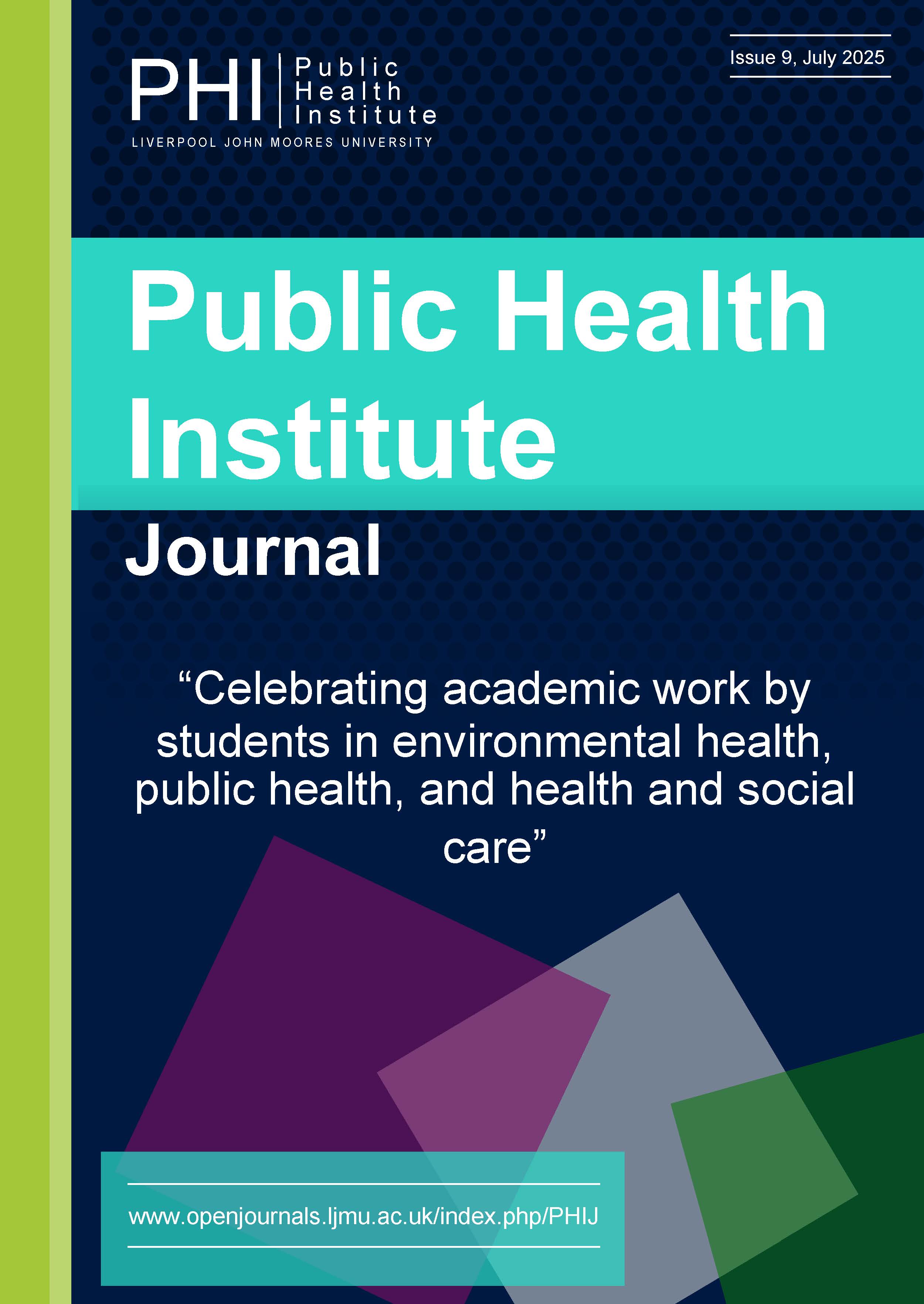The effect of infertility on women’s sexual behaviours and attitudes
Keywords:
Female Infertility, Infertile, Fertility, Sexual Dysfunction, Sexual Behaviour, Sexual Attitudes, Cultural Expectations, Societal Stigma, IVF, Psychological Impacts, Relationship DynamicsAbstract
This literature-based dissertation provides an exploration into the experience of women facing an infertility diagnosis. Infertility, defined as the inability to become pregnant after 12 months of regular and unprotected intercourse, effects millions of people worldwide. This dissertation will focus on the effect it has on women excluding any impact on men. This review delves into the impact of infertility on a woman’s psychological well-being, social experiences, and relationship dynamics. However, the main focus of this dissertation is to investigate what impact an infertility diagnosis has on a woman’s sexual attitudes and behaviours. It hopes to examine how cultural and societal expectations of motherhood influence the sexual well-being of infertile women as well as, to investigate the psychological and emotional impact of infertility on the sexual well-being of affected women. Consistent themes are highlighted within this review such as, a decline in sexual desire, the psychological toll that infertility has on women and an emotional disconnection within relationships. This study also highlights the significant role of cultural and societal expectations in shaping a woman’s experience of infertility. Moreover, it explores the impact on a woman’s self-esteem and self- worth and how this impacts their attitudes towards sex and their sexual behaviours. The dissertation provides recommendations on how better support can be provided for infertile women, for example, implementing psychosexual support into fertility treatments. Additionally further research into the link between female infertility and sexual orientation has been suggested in this dissertation as a way to harness a deeper understanding of infertility’s sexual, psychological and relational impacts as well as to improve the inclusivity of fertility support.
Published
Issue
Section
License
Copyright (c) 2025 Charlotte Morrison

This work is licensed under a Creative Commons Attribution 4.0 International License.
Authors retain copyright and grant the journal right of first publication with the work simultaneously licensed under a Creative Commons Attribution License that allows others to share the work with an acknowledgement of the work's authorship and initial publication in this journal.


